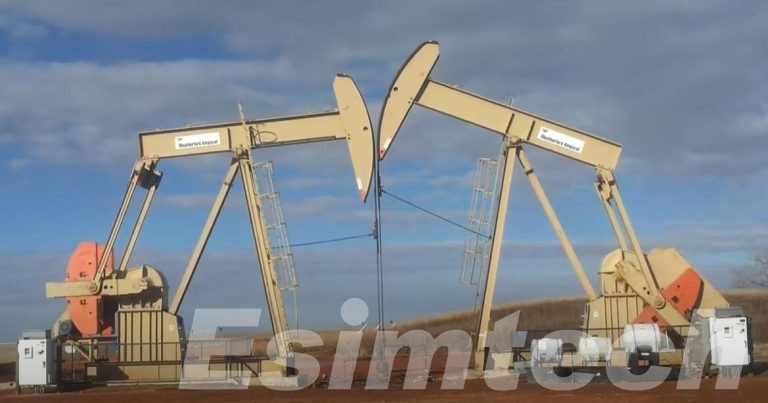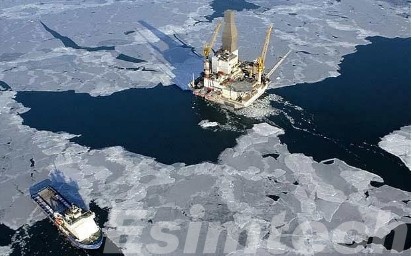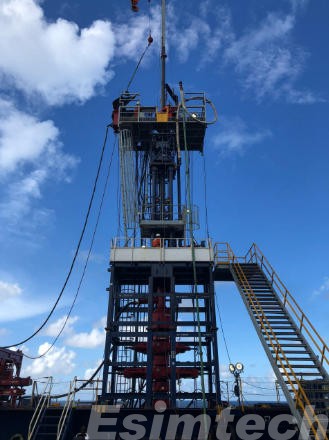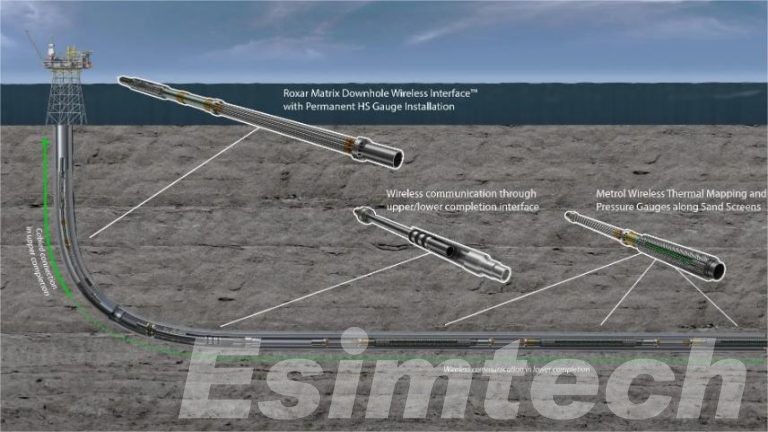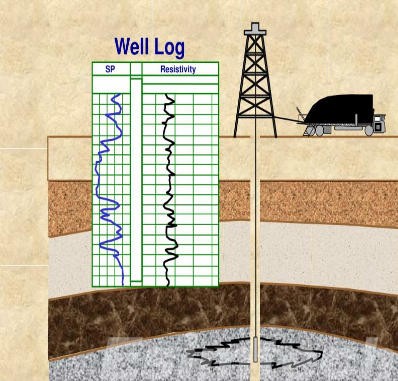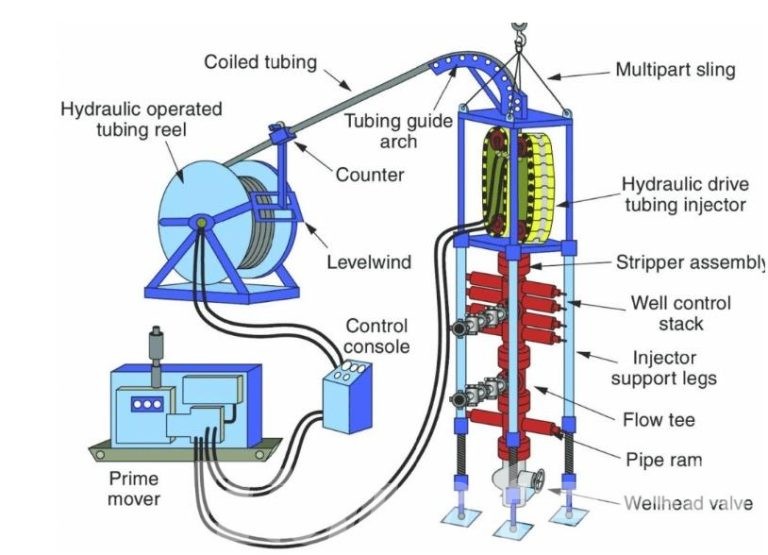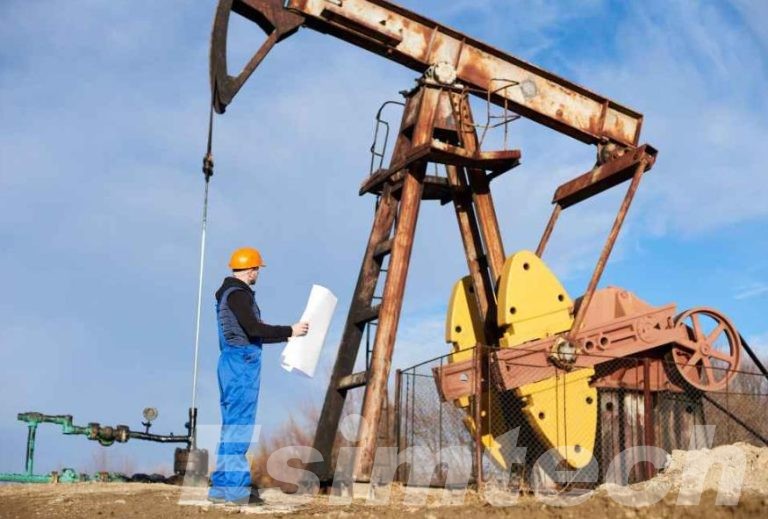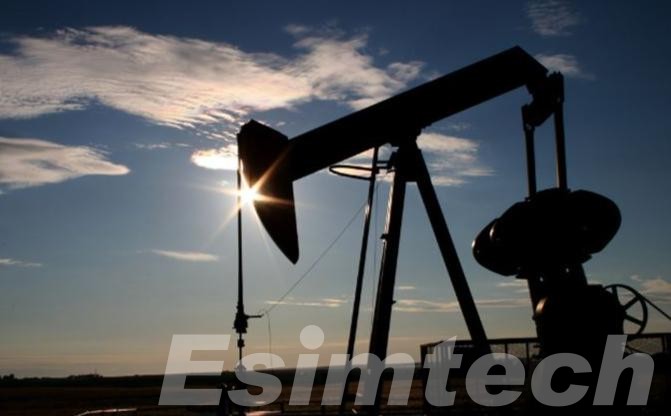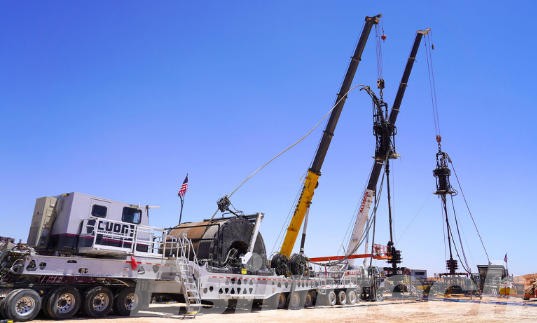What is Sidetracking Drilling in Oil and Gas
As a critical technique within the petroleum field, sidetracking drilling enables increased production, overcomes logistical challenges, and examines previously inaccessible geological formations and reservoirs. The approach is equally valuable in the event of a stuck drillpipe and in cases where new reservoirs need to be tapped into through existing wellbores. This article discusses the mechanics of…

